NCUE International Office Visits Indonesia and Vietnam Non-stop to Further Deepen Overseas Recruitment Success
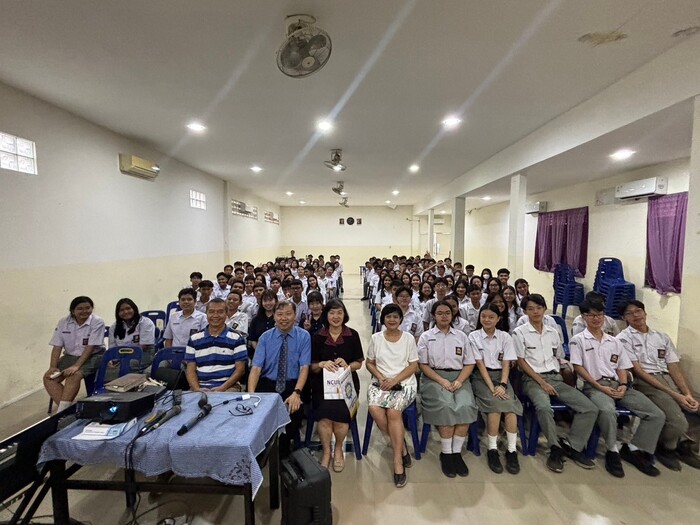
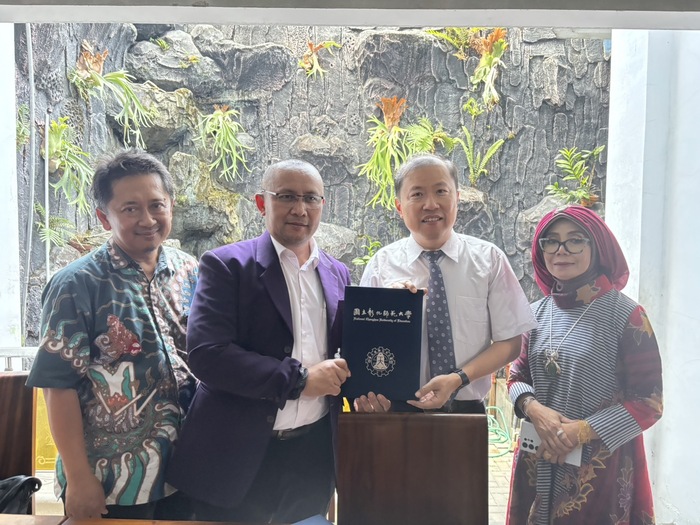
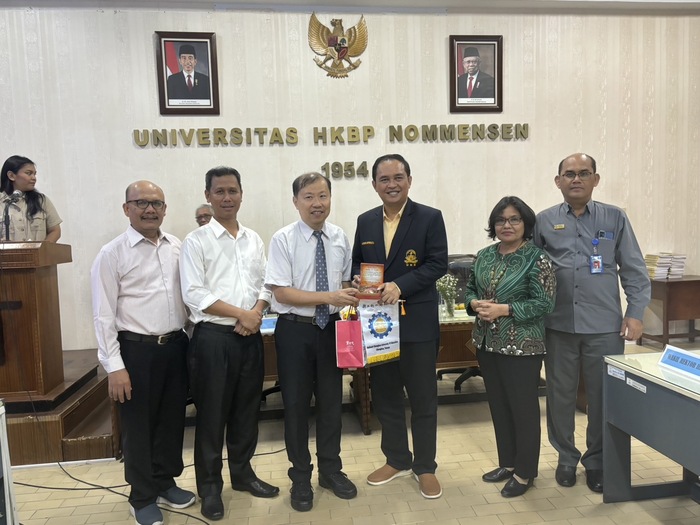
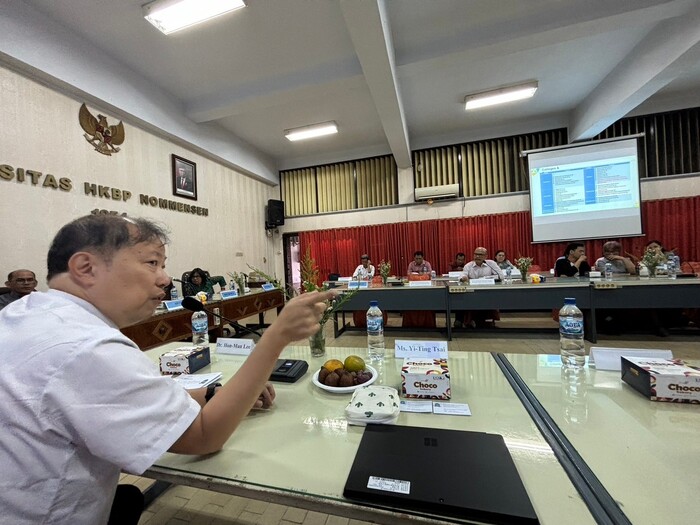
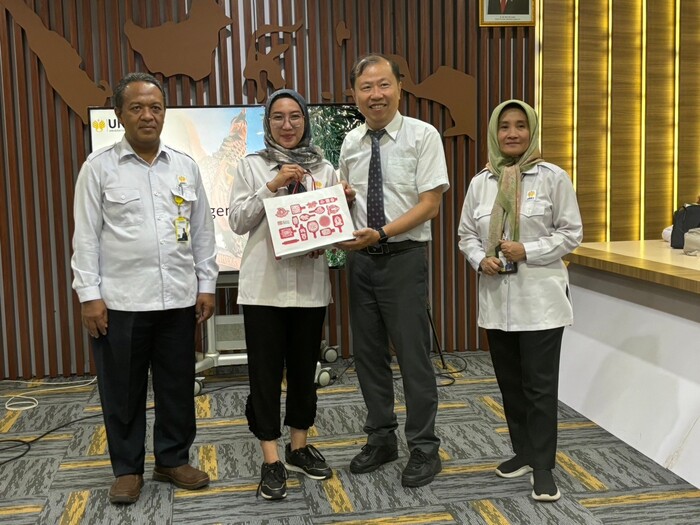
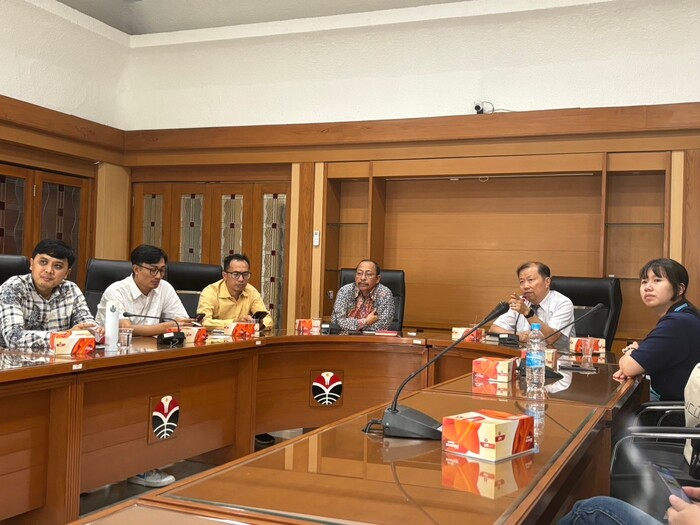
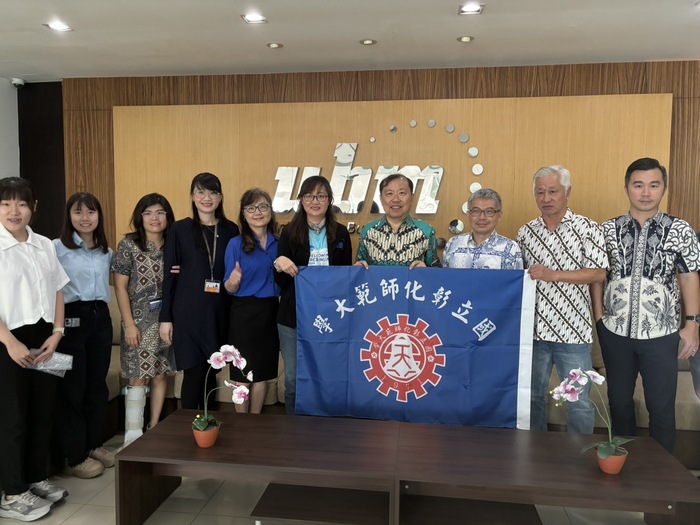
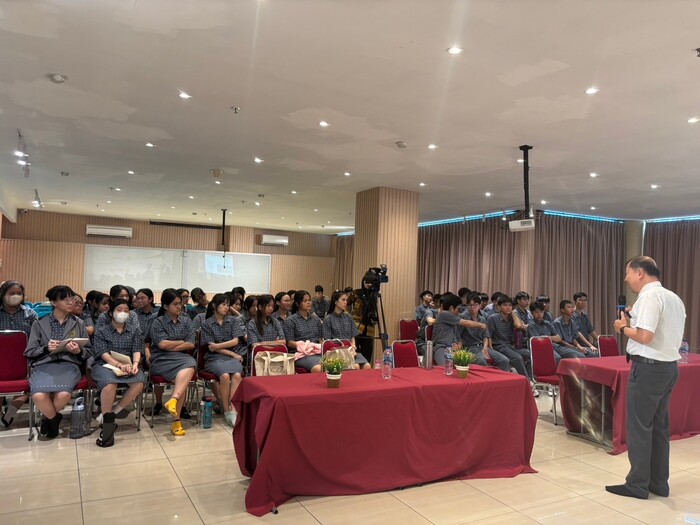
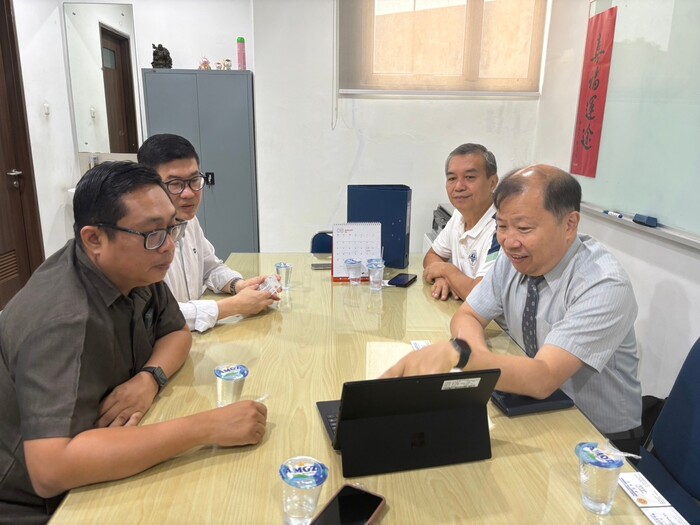
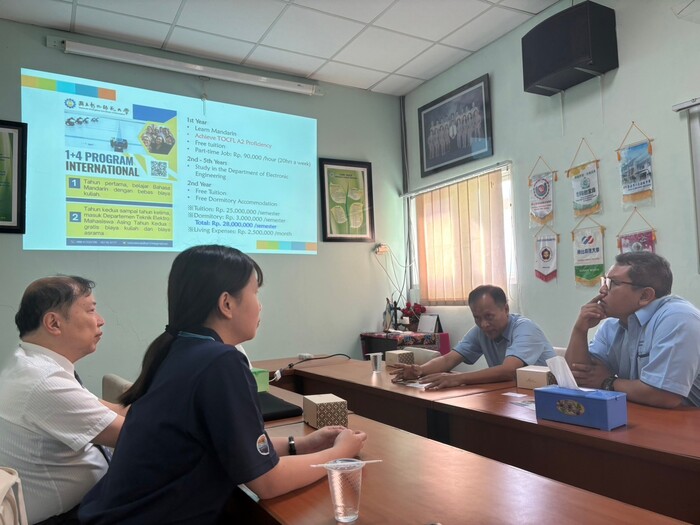
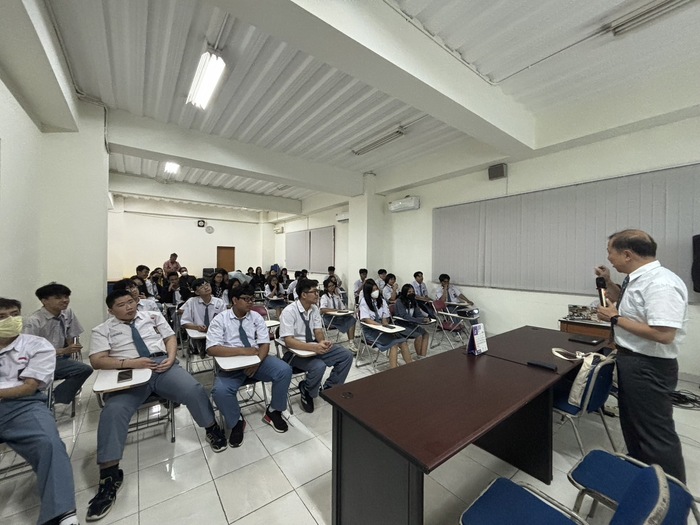
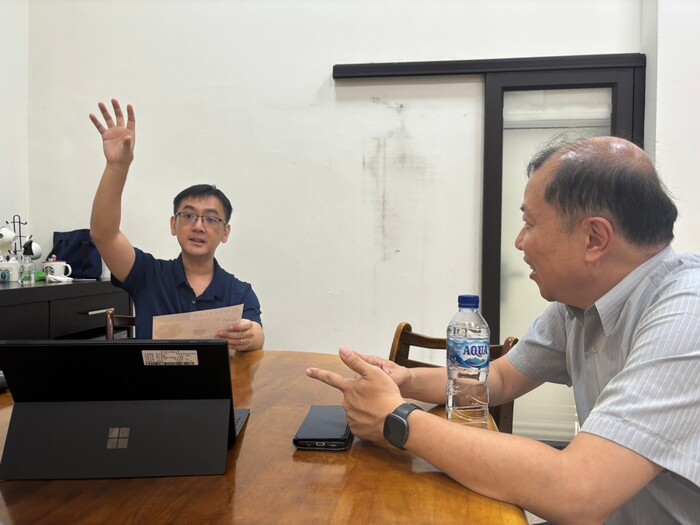
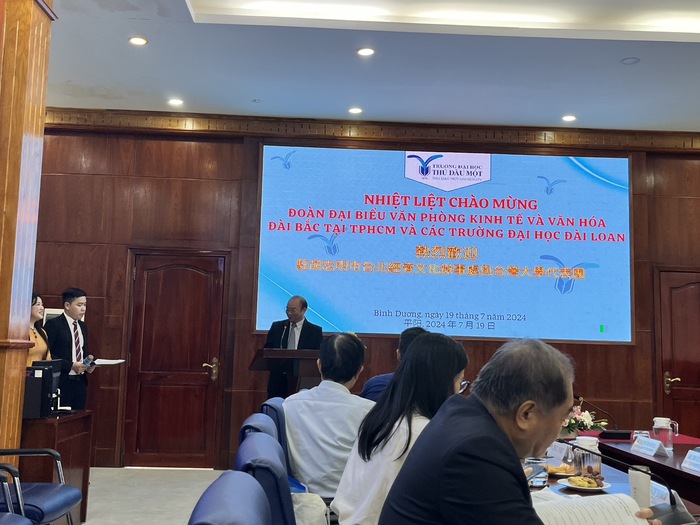
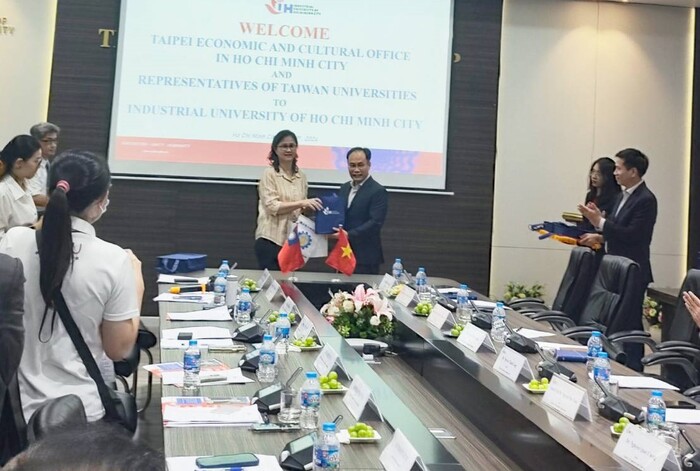
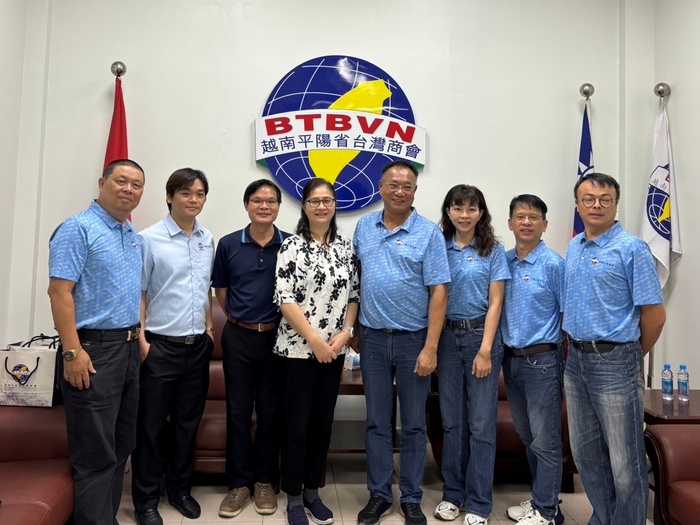
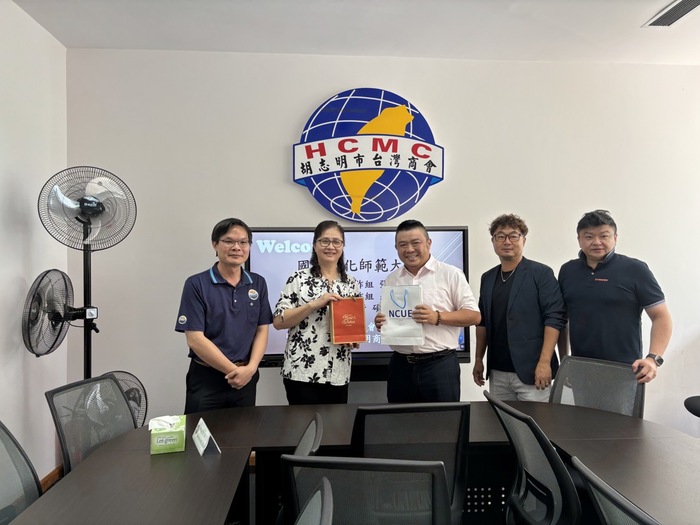
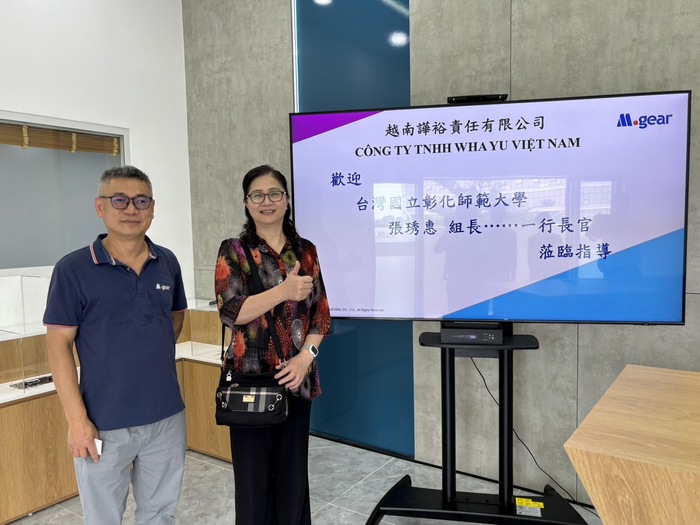
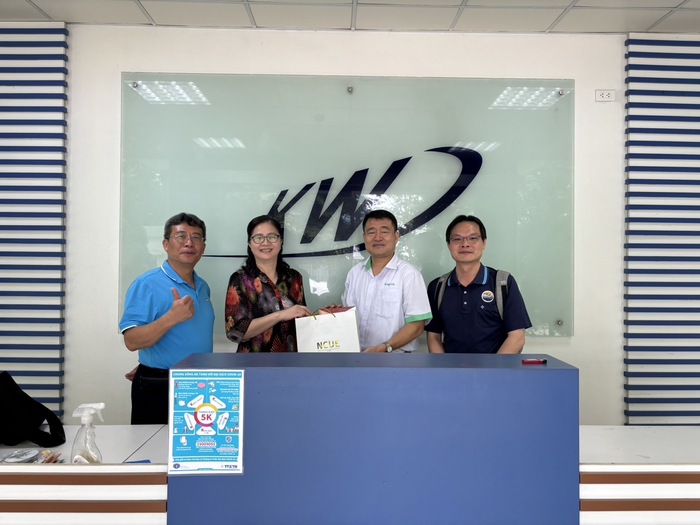
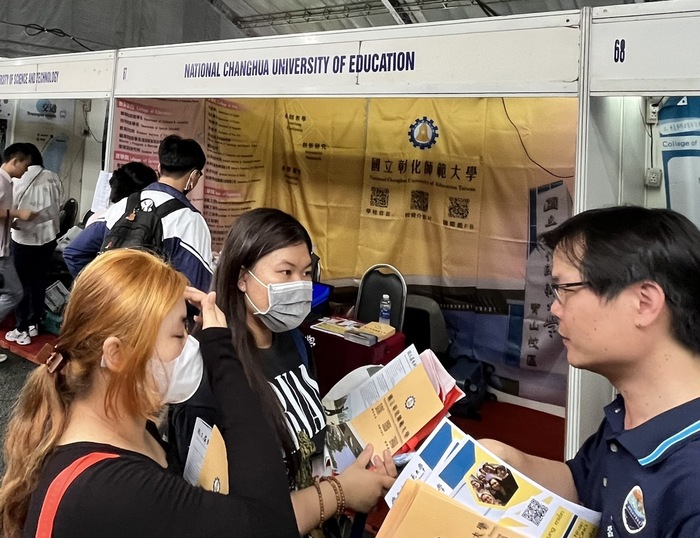
In recent years, with the University’s active efforts in overseas recruitment, the number of international students at NCUE has increased annually. During the summer of 2024, the NCUE International Office visited Indonesia and Vietnam, aiming to achieve even greater success and attract more international students to study at NCUE.
According to the Taiwan University Entrance Committee for Overseas Chinese Students (UECOCS), in the past year, during its five online education fairs overseas, the number of views of NCUE’s recruitment video increased by nearly 3,000 compared to the previous year, ranking first among all participating universities. Additionally, the number of Indonesian students admitted by participating institutions in the 2023 education fairs held in Indonesia saw an average increase of 37%, while NCUE’s number surged by 380%, ranking third overall.
Over the past 20 years, in response to the challenges of declining birth rates and the need for talent in key industries, the government has emphasized substantive educational exchanges with countries in the "New Southbound" policy. As part of this, NCUE has been strengthening its partnerships with Southeast Asian schools and companies, leading to a steady annual increase in the number of international students. During the summer of 2024, the International Office continued its overseas recruitment efforts with delegations, led by Dean Hon Man Lee and Division Head of International Affairs Sally Chang, visiting education institutions, Taiwan alumni associations, Taiwanese chambers of commerce, and Taiwanese businesses in Indonesia and Vietnam respectively.
In Indonesia, the delegation led by Dean Lee participated in the Taiwan Higher Education Fair and visited about 10 high schools in Jakarta, Medan, Bandung, and Semarang. These included SMA Methodist 2 and 5, SMA Sutomo 2, Perguruan Buddhis Bodhicitta, SMK TERANG Bangsa, SMA THERESIANA, and Methodist Pelita Kasih, among others. Dean Lee and the group members introduced NCUE’s international programs, scholarships, and application processes to the students in class and engaged in in-depth discussions with school principals and teachers to better understand students’ interest in studying in Taiwan.
The delegation also visited higher education institutions such as ITB Carnegie, HKBP Nommensen University, Universitas Negeri Semarang (UNNES), Universitas Pendidikan Indonesia (UPI), International Women University (IWU), and Universitas Bunda Muliato (UBM)—some of which are NCUE’s partner universities—to explain to their faculty and students the various opportunities for internships and studying in Taiwan, including NCUE's international Master's degree programs, and discuss future collaborations on student exchange, internships, and academic research. These efforts not only deepened existing partnerships but also promoted understanding of Taiwan’s educational opportunities and job market.
It is worth mentioning that during his visit to Indonesia, Dean Lee had a gathering with the North Sumatra Taiwan Alumni Association and visited an NCUE alumnus who is Taiwanese business owners in Medan. He inquired about his business operations, the local high school students' intentions regarding further education, their willingness to study in Taiwan, and the potential for returning home to work. He also discussed opportunities for industry-academia collaboration, aiming to further encourage Indonesian students to choose NCUE for their studies.
In Vietnam, the NCUE delegation led by Division Head Chang visited prominent universities in Ho Chi Minh City, such as Thu Dau Mot University and Ho Chi Minh University of Technology, to lay the foundation for future academic exchanges and cooperation. They also participated in the Education Fair held at the Hanoi University of Science and Technology, attracting many students to inquire about NCUE’s programs and international exchanges.
The NCUE delegation also met with Taiwanese business chambers in Ho Chi Minh City, Bắc Ninh City, and Tỉnh Bình Province, and visited Taiwanese companies in industrial parks to gain a deeper understanding of their needs, aiming to developing more professionals suited to the local market.
Dean Lee pointed out that the New Southbound countries are undergoing rapid industrialization, leading to a growing demand for talent in various fields. Indonesian and Vietnamese students have shown strong interest in NCUE's International Foundation Program, fields related to information technology and engineering, as well as Chinese language learning. In response, NCUE plans to strengthen its International Foundation Program by encouraging greater participation from additional departments, establish industry-academia partnerships with local businesses, and develop integrated Master's programs tailored to local industry needs.
Additionally, efforts will be made to strengthen Chinese language teaching resources to provide a better learning environment and to leverage alumni networks to promote the University. These strategies are expected to attract more outstanding students from New Southbound countries, helping NCUE adapt to the rapidly changing global academic environment.




.png)